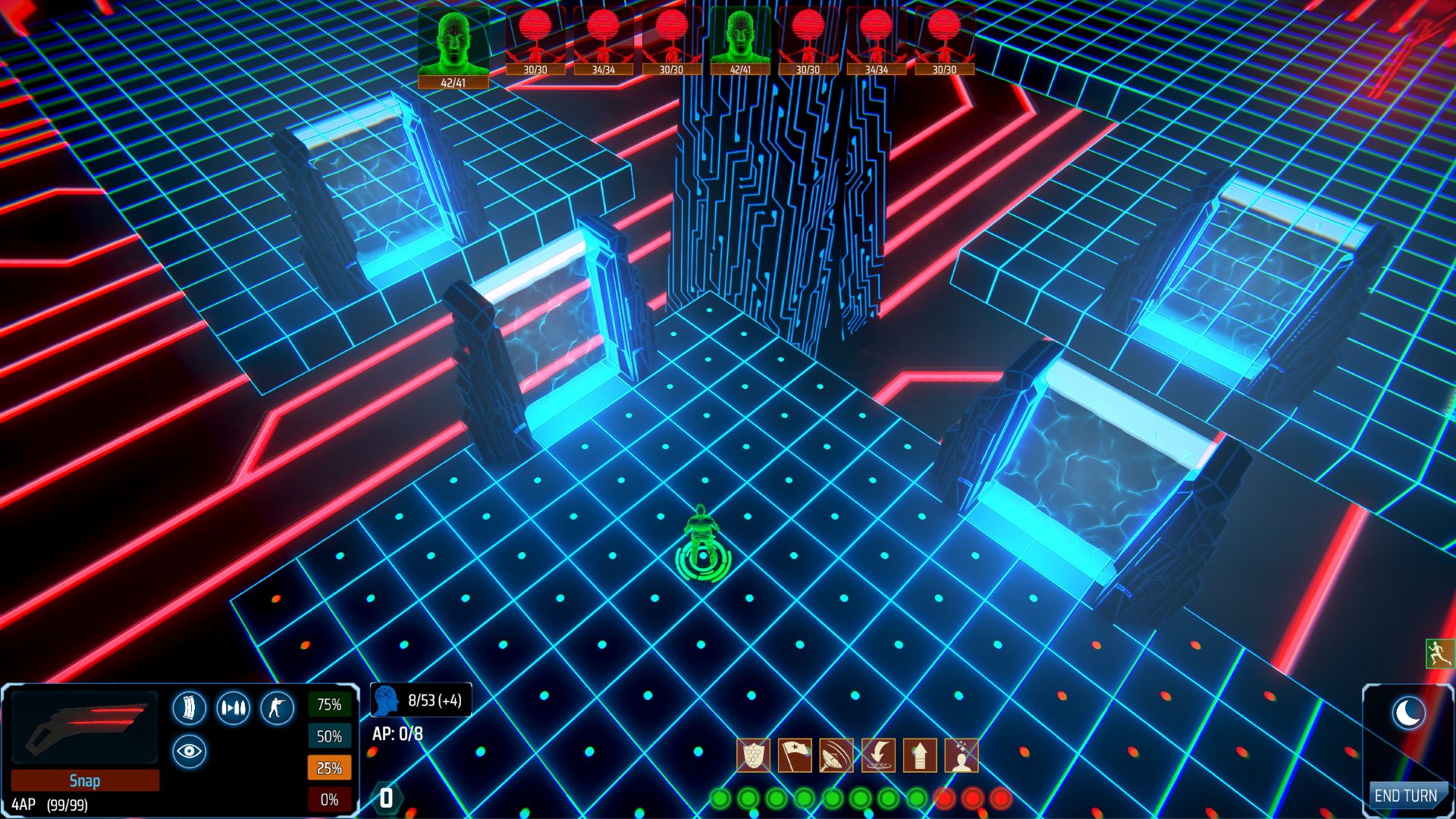

The Christian argument is beautiful and coherent, but it happens not to apply to the world in which we actually live.Ĭandide in particular spoke to me. I came to feel that my unexamined theistic beliefs didn’t begin to account for reality. Those dissident voices led me down an inverse Road to Damascus. The curriculum was amazing, replete with writers notorious for their unconventional religious views: Dante, Voltaire, Camus, Dostoyevsky, Kafka, Ibsen. James Morrow : When I was fifteen years old, as a student at Abington High School in Pennsylvania, I was privileged to take Mr. What made you use this very peculiar literary style in your books? Avant-garde biology, pathological theology, the cognitive development of the human conscience-these are things about which we have knowledge, and so they found their way into The Philosopher’s Apprentice (L’Apprenti du philosophe).Īctusf : In addition to being science-fiction novels, your books are philosophical satires.

It’s always worth remembering that “science” is just another word for knowledge. So one can argue that speculative literature is the constellation, mimetic fiction a mere constituent sun. Shakespeare moves his plots along with the aid of ghosts, witches, wizards, sprites, and Caliban. Until recent centuries, literature was virtually synonymous with fantastical modes of expression. But I sometimes think that’s a fallacious-indeed, completely backwards-model. James Morrow : We’re accustomed to thinking of speculative and fantastical fiction as a genre attached to a broader literary realm: a star within a constellation, you might say. Why did you choose science-fiction to do so?

Actusf : You write about religious fanaticism, abusive use of genetics, cloning of human beings, which are very serious topics.


 0 kommentar(er)
0 kommentar(er)
